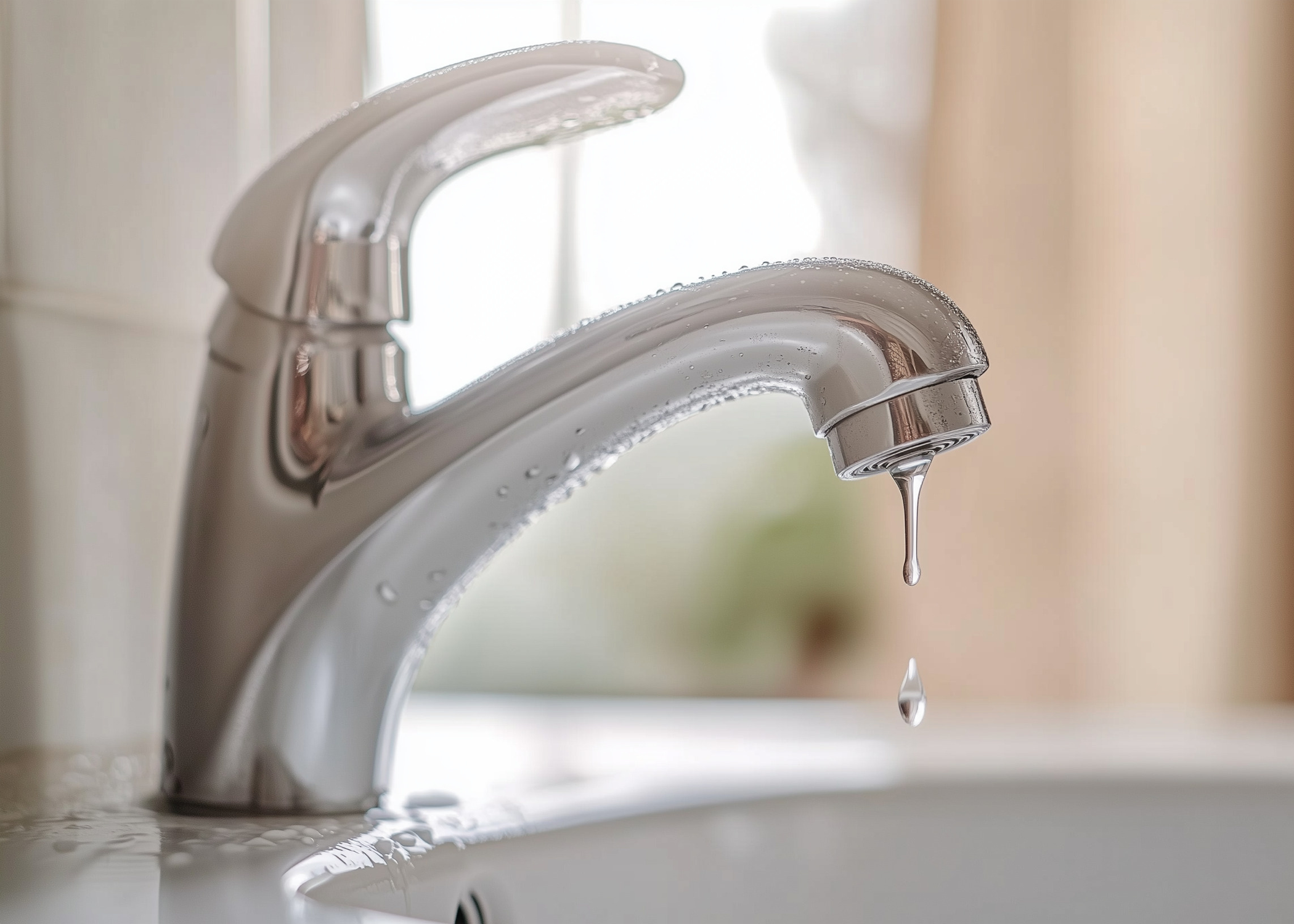Understanding Soil Sample Results
Having healthy soil in your garden results in healthy plants. Whether you’re planting vegetables, flowers, grass, trees, shrubs, or anything in between, a soil sample is the first thing to check off the list. Gathering a soil sample from your landscape and having it tested by MSU Extension’s Soil Testing Lab should be the initial step in any gardening adventure. Plus, it’s pretty easy to do!
Soil sample tests tell you everything you need to know about the soil you’ll be planting in. It provides you with a variety of information, but most importantly the soil pH, recommended lime application, and recommended fertilizer application amounts.
Knowing this information is crucial to the success of your garden. Taking a soil sample from your lawn or garden is simple! Check out this blog post on how to properly take a soil sample so you get accurate test results.
Your soil sample test results may be a bit confusing at first. The two recommendations you should pay close attention to are lime and fertilizer. These can be found on the first page of your results.
- Lime recommendation. Your soil’s pH level is the first thing you should address. Soil is considered acidic or alkaline. Mississippi soils have a pH that ranges from 4.0 to 8.0. Numbers below 7 are acidic, and numbers above are alkaline. The soil’s pH level will indicate whether or not you should add lime to your soil. If your soil needs lime, the results will list the amount needed in number of pounds to be distributed per acre. Apply the recommended amount of lime and wait a month or so before adding fertilizer. Our blog post on how to lime your yard might be a helpful read! Your county Extension agent is a great resource if you’d like extra help with calculating how much lime you should add.
- Fertilizer recommendation. Next, you should address fertilizer needs. If you’ve applied lime and the pH is where it should be, it’s now time to apply fertilizer. On your test results, you will be provided with recommendations for nitrogen(N), phosphorous(P), and potassium(K). Fertilizer is composed of those three nutrients, and the results of your soil sample test will tell you which fertilizer to use. Check out our blog post on how to understand the different types of fertilizers before you purchase! You can also enter your results into an online fertilizer calculator to get an accurate amount of a particular fertilizer you need. There are several available online, but we recommend Kentucky Fertilizer Rate Calculator.
There is additional information about your soil in the other pages of your report, but the lime and fertilizer recommendations are most important. If you have any questions about your test results, you can reach out to the MSU Extension Soil Testing Lab or your local Extension office.
For additional information on how to perform a soil test at your home, check out Extension Information Sheet 1292, “Soil Testing for the Homeowner.”
Subscribe to Extension for Real Life
Fill in the information below to receive a weekly update of our blog posts.









